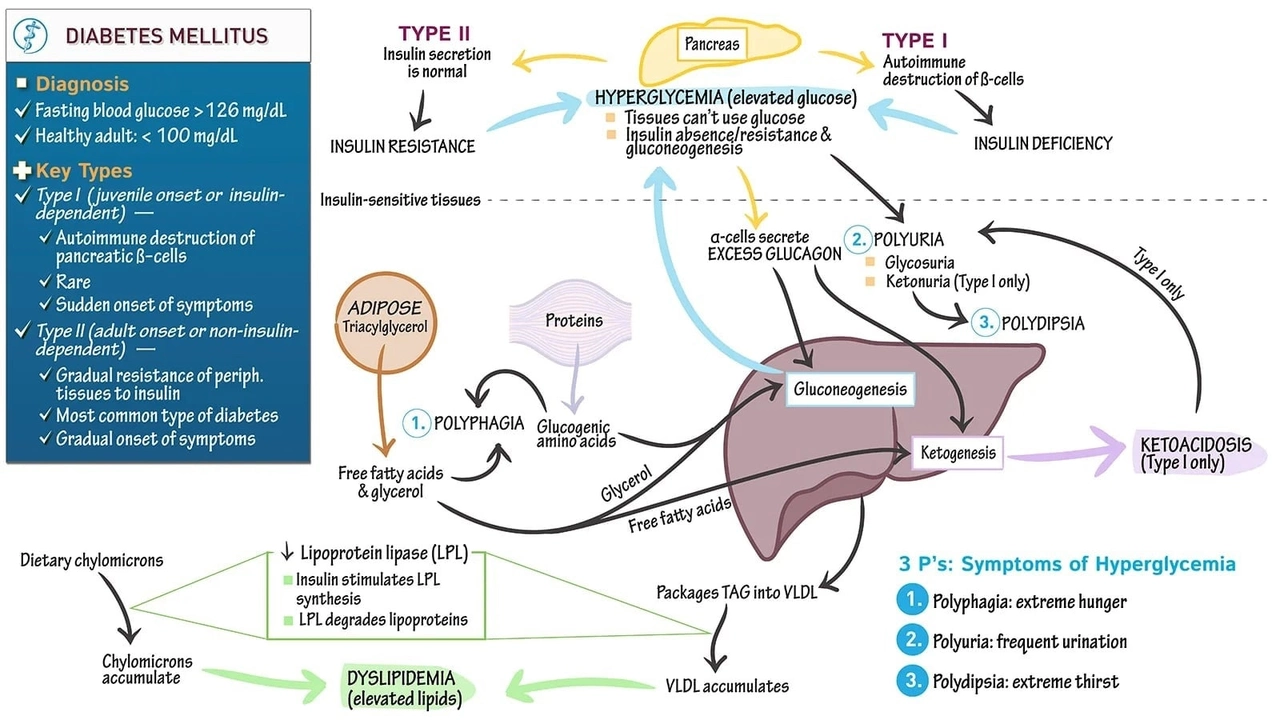Thyroid Deficiency: What It Is and How to Handle It
If you’ve been feeling constantly tired, gaining weight without changing your diet, or noticing your hair getting thin, your thyroid might be the culprit. The thyroid is a small gland in your neck that makes hormones controlling metabolism. When it doesn’t make enough hormone, doctors call it thyroid deficiency or hypothyroidism. Knowing the basics helps you spot problems early and get the right care.
Common Signs You Might Miss
Low thyroid can hide behind everyday complaints. Besides obvious fatigue, many people notice cold hands, a slower heart rate, or feeling foggy in the brain. Mood swings, depression, and memory lapses are also linked to low hormone levels. Women often experience heavier menstrual periods, while men might see reduced libido. If you’ve had any of these for months, it’s worth asking your doctor for a simple blood test called TSH.
Another sneaky sign is muscle weakness, especially in the legs. You may find yourself stumbling on stairs or feeling sore after light exercise. Digestive issues like constipation can also pop up because thyroid hormones affect gut movement. Keep an eye on these subtle clues; they often show up before a full-blown diagnosis.
Everyday Steps to Support Your Thyroid
While medication is the main treatment, lifestyle tweaks can make a big difference. Start with iodine‑rich foods such as seaweed, fish, and dairy if you’re not already getting enough; iodine helps hormone production. Selenium, found in Brazil nuts and sunflower seeds, also supports thyroid function.
Stress management matters too. Chronic stress raises cortisol, which can block thyroid hormones from working properly. Simple habits like a short walk, deep‑breathing exercises, or a few minutes of meditation each day keep cortisol levels in check.
Exercise doesn’t have to be intense. A daily 20‑minute brisk walk boosts metabolism and improves energy levels. Pair it with strength training twice a week to maintain muscle mass that often drops when thyroid function is low.
Lastly, watch your sleep. Aim for seven to nine hours of quality rest; poor sleep can worsen fatigue and hormone imbalance. Keep the bedroom dark, limit screens before bed, and stick to a consistent bedtime routine.
If you suspect thyroid deficiency, book an appointment and ask for a TSH test. Most doctors will also check free T4 and sometimes antibodies to pinpoint the cause. Once you have results, follow your doctor’s medication plan and use these lifestyle tips to feel better faster.


